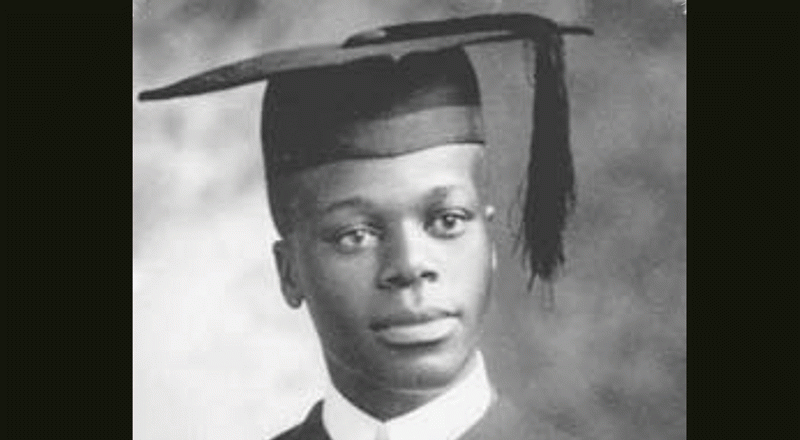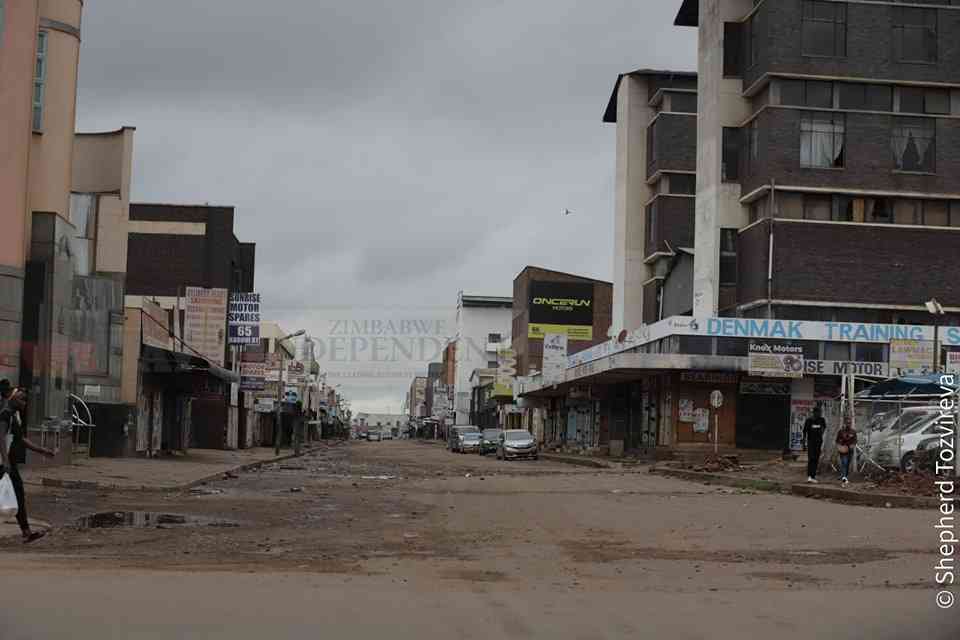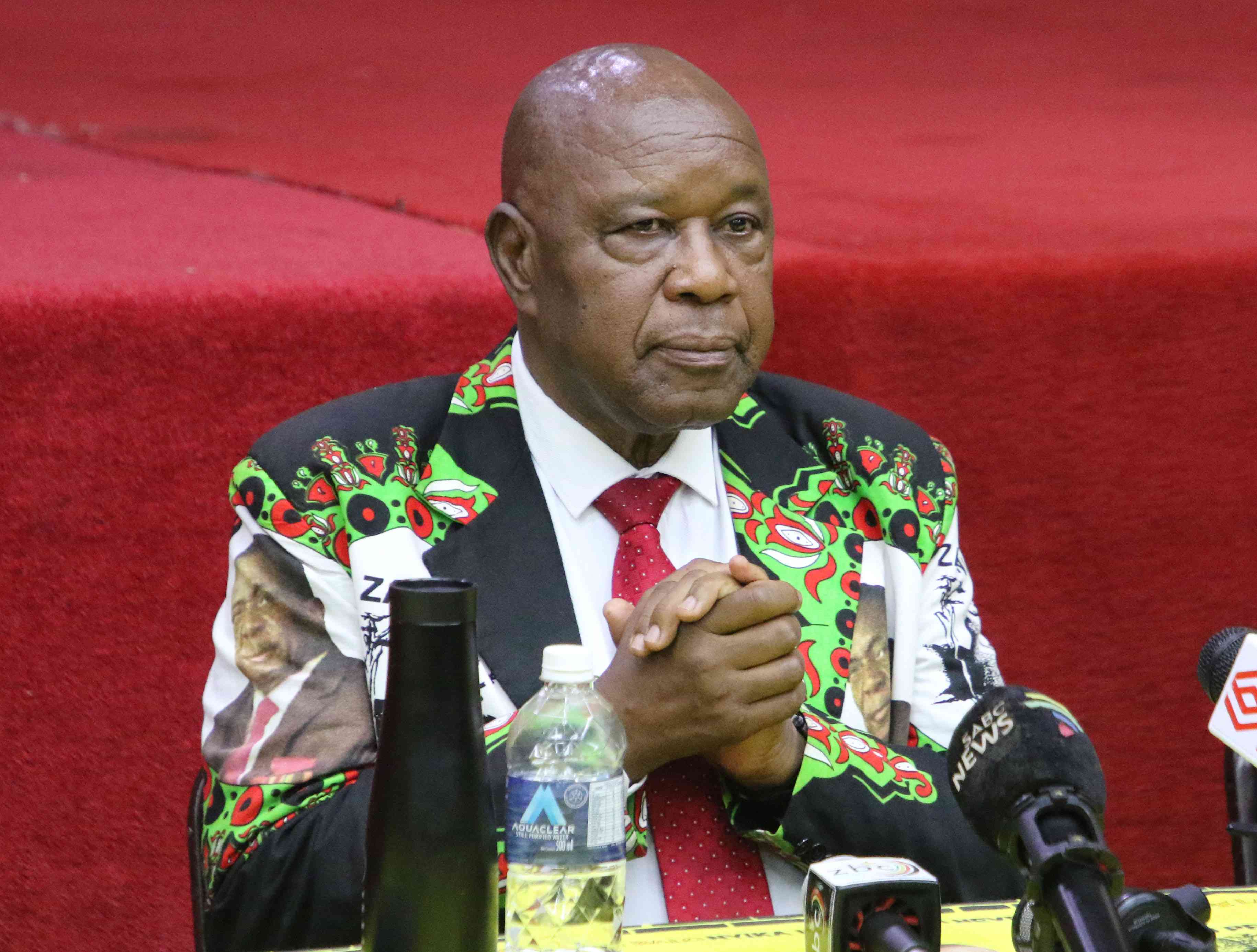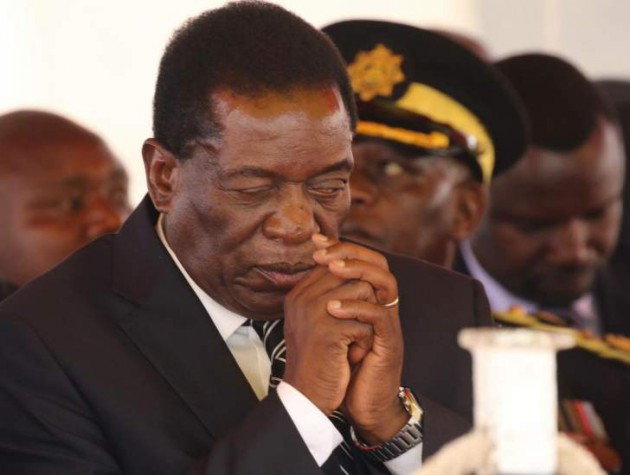
Sometime in my second life, the president of Texas University at Austin asked me to host a Zulu prince, Gibson Thula and his lovely wife who were guests of the US State Department.
Gibson was also private secretary to the late Chief Buthelezi. In the event, when I visited South Africa, I was introduced to a historical figure and founder of the African National Congress, Pixley Seme, from the Transvaal.
It is about this Pixley Seme, who, in 1912, the same year he formed the African National Congress, started a land acquisition company with the help of an American financier, I.W. Schlesinger. Blacks were forbidden to own land by the 1913 Land Act, which allowed whites to own 70 % of all land in South Africa.
Seme’s dream was, therefore,quashed before it could take root. The issue here is that Schlesinger is reported to have bought a 3 000-hectare piece from Seme’s people, the Bapedi in 1917.
The farm was named after Chief Zabadiele, but we wonder if Zabadiele was actually paid some money.
In any event, Schlesinger acquired three other surrounding pieces of land; now with a 10 square mile of citrus estates, he became the largest farmer in South Africa, with his own railroad branch connecting him to the Maputo railway line.
In 2003, the Bapedi challenged ownership of the land in a court of law, asserting that it was stolen from them. In literal terms, maybe they were correct, the chief was given a bottle of whisky. In the Eurocentric mind-set, what matters is that there were title deeds to the land and possession stretching over 86 years.
Here is another mind-boggling matter. The court allowed the Bapedi Development Company to take over the land thus placing in jeopardy the employment of 8 00 workers, the majority of them of Mozambican and Malawi origin. Please dear readers, bear with me.
- Letter from America: Is former president Donald Trump a hero or villain?
- Chidzivo, Tarakinyu clinch Kabag honours
- Letter from America: Is former president Donald Trump a hero or villain?
- The Fiddler: Is honesty the best policy?
Keep Reading
The Bapedi moved 800 men and 1 300 family members. With one accord, they began to cut the citrus trees along the road for firewood, and when that was no longer sufficient, they dismantled the huts of the foreign workers, most of whom had long been left to the winds.
As we go to press, 2025 April, some brothers last saw a paycheck 15 years ago. The story is an old one.
The hotel was looted of its valuable. Whatever was transportable, eventually disappeared.
The largest citrus farm in Africa shut is door in 2023.
I asked my correspondents if the government did not have a rescue plan. Sure, it did, twice. But the rescuers were worse than the disease. I then asked if he was a racist, ready to blame blacks for everything. The answer was; “No I am black, but I know one cannot manage a farm from a hotel desk in town.”
Two examples will give our readers an idea. Farm workers union says that even though government poured money into the project, the supervisors were not properly audited and “nobody knows where the money went to.”
The second matter is that the community also made a contribution, but now it seems this also was swindled. “Asazi ukuthi kuhambe njani.” (We don’t know what happened.}
Enter US President Donald Trump
Trump has written more than three times about this situation. He understands that at the “Great Compromise, 1994” Nelson Mandela, agreed, perhaps in good faith that capitalism was the best method of managing resources and that enterprises such as Zebediela should have been left in their original owners.
There is some confusion there. Who are the original owners?
My interest is that Zabadiela’s story is very similar to what is happening to Zimbabwe’s Triangle Sugar Estates and the destruction of Mazowe Citrus Estates. These two tell a similar story.
Perhaps in practical terms, Trump has a case. Bad things are happening here.
US secretary of state, Marco Rubio is also concerned about two things, the gradual rise of lawlessness in the Limpopo province. There are at least 12 cases where black brothers have been moving in large groups, holding “Offer Letters” supposedly from president Cyril Ramaphosa.
There is mention of a liberation song attributed to the Economic Freedom Fighters whose lyrics allude to “Bulala Amabhunu” (Kill the white farmers). Rubio argues that is the South African government cannot protect its unfavoured minorities, it is not worthy of trust at all.
South Africa’s ambassador to the US, Ibrahim Rasool, provoked an unnecessary raucous with an overly sensitive US government by alluding to president Trump as a white supremacist and racist. That may be so, but an ambassador is supposed to be benevolent towards his hosts and careful with words.
As a result, the US is reviewing its Agoa policy towards South Africa. Agoa allows South African produce to share the US market without penalty.
Ken’s philosophy
This advice I leave to my friends for free. Before picking up a fight with the white man, say at the Zabediela farm, I would first count my eggs and see how many of the 8 000 workers and their families can be supported in a refugee camp.
It would be silly to expel the American Schlesinger surrogates and then ask USAid and US Red Cross to feed the homeless workers and families left behind.
I would also abolish the Ministry of Foreign Affairs and replace it with the Ministry of Trade. Citrus fruits, as most farm horticultural products are seasonal.
A suspension of 90 days, as is now the case can wipe out a whole season’s produce for a country. Rasool can act out, but Zabadiela farmers have no room for acting and cutting up.
*Ken Mufuka is a Zimbabwean patriot. He writes from the US.










